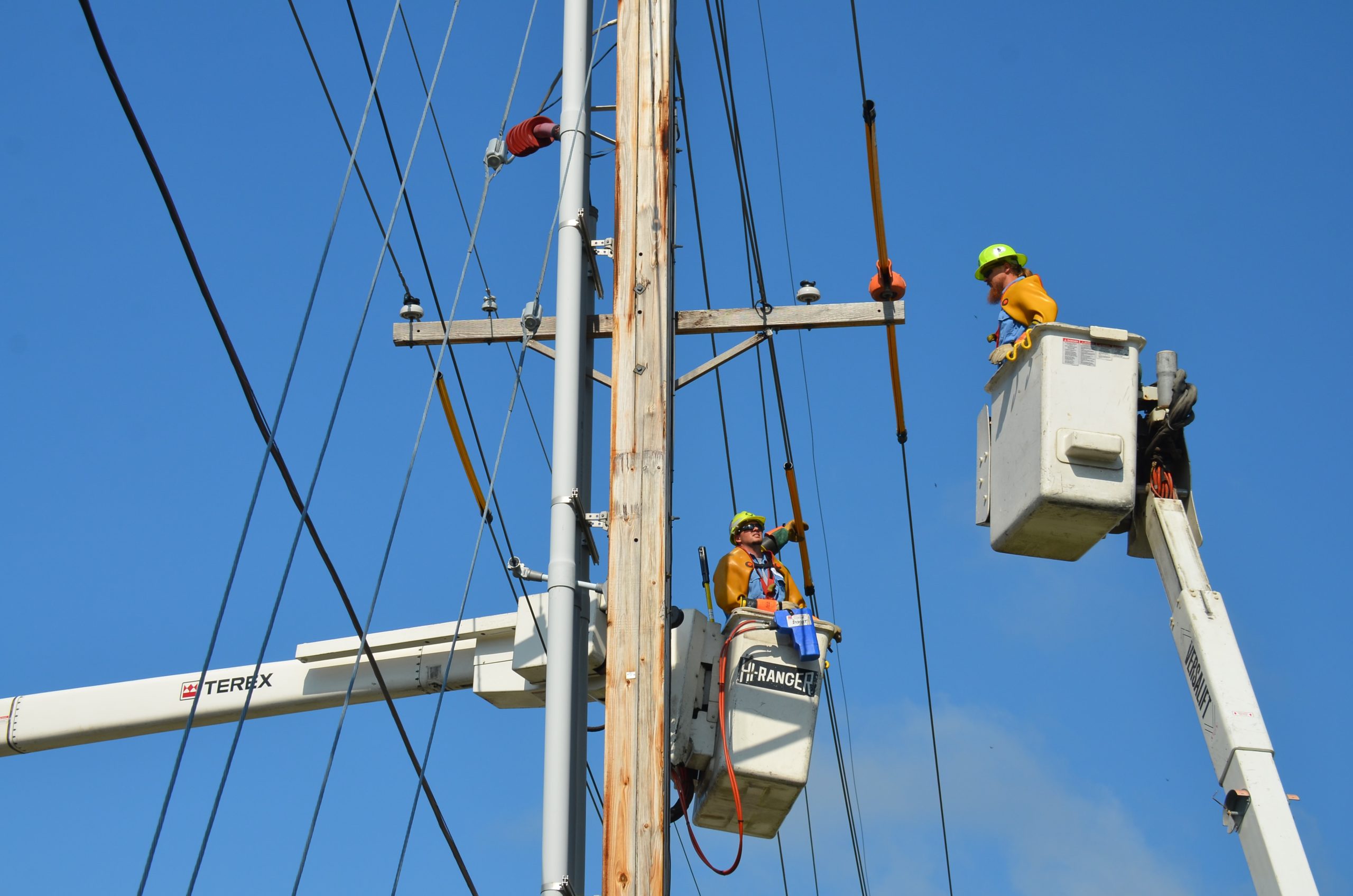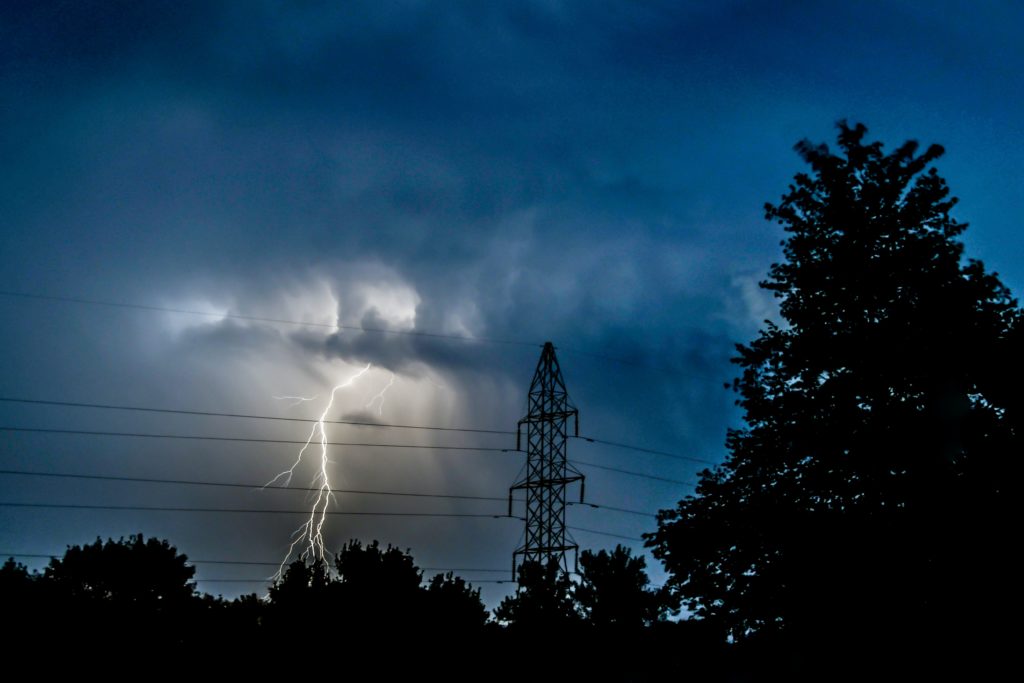Meetings and Events
The Lewes BPW is responsible for keeping our city connected through the services we provide. We are committed to provide exceptional service in all four departments: electric, water, wastewater, and storm water. The ratepayers are an important part of that process and we invite you to join our meetings and events. The BPW values your input!

Lewes BPW 2026 Notice of Solicitation of Candidates
The Lewes BPW will hold its Annual Municipal Election on Saturday, May 9, 2026, at the Lewes BPW Business Office, 107 Franklin Ave, Lewes, Delaware. Vacancies exist for two (2) Board seats for three-year terms each. Persons interested in becoming a candidate for the election must file a letter of intention to the General Manager […]

